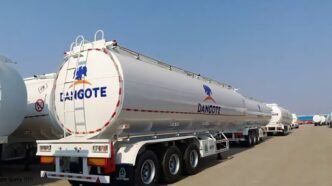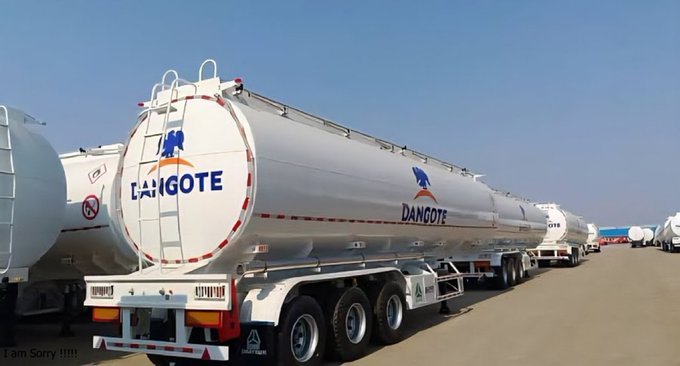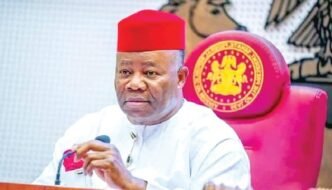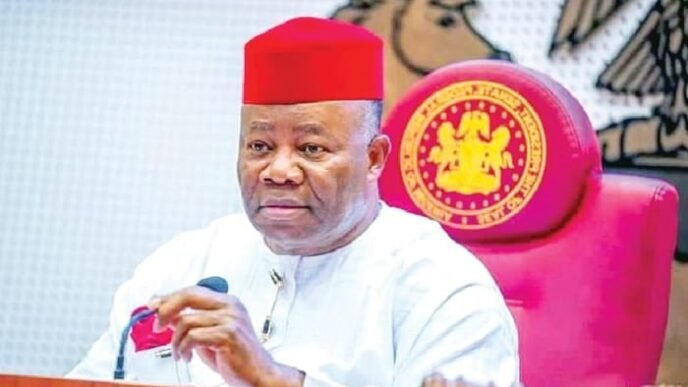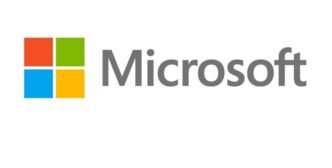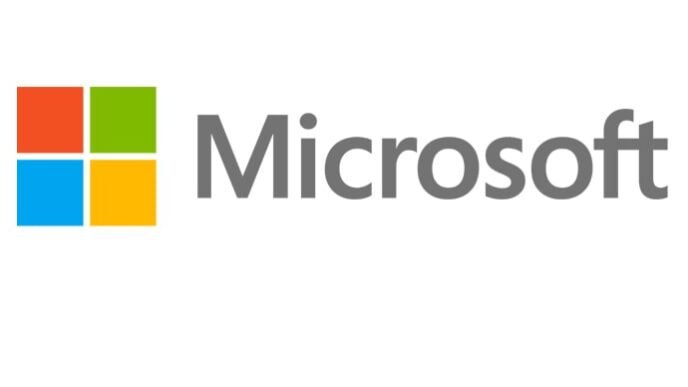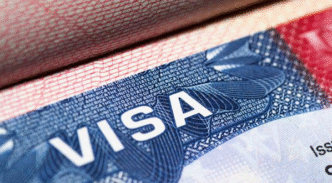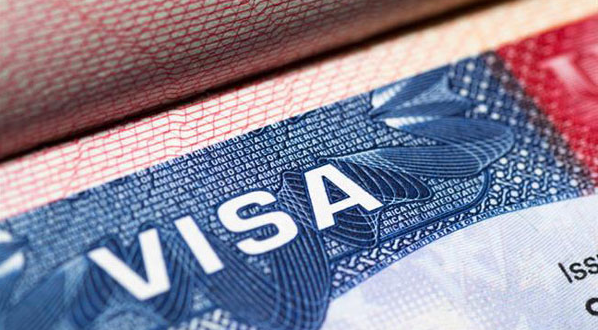In a dramatic move that could reshape Nigeria’s downstream oil sector, the Dangote Petroleum Refinery has officially commenced the free delivery of petrol to fuel marketers in several states, including Lagos, Ogun, Oyo, Ondo, Osun, Ekiti, Abuja, Kwara, Delta, Rivers, and Edo. The development, announced on Monday, is already making waves across the energy industry and is expected to provide relief to millions of Nigerians grappling with the high cost of fuel and transportation.
The refinery, owned by Africa’s richest man Aliko Dangote, has described this initial rollout as a strategic intervention designed to stabilize the market, build confidence among marketers, and ease the economic burden on citizens. Dangote Group also confirmed that other states will follow in due course, assuring Nigerians that the free delivery initiative will soon be extended nationwide.
A Game-Changer for Nigeria’s Petroleum Supply
The Dangote Refinery, located in the Lekki Free Trade Zone in Lagos, is the largest single-train refinery in the world, with a capacity of 650,000 barrels per day. Since its commissioning, expectations have been high that it would end Nigeria’s decades-long dependence on imported refined petroleum products.
With this free delivery initiative, Dangote has sent a strong signal that the refinery is ready not only to supply fuel but also to reshape pricing, distribution, and accessibility in ways that could redefine the country’s oil and gas landscape.
“This is not just about fuel; it’s about trust,” said a Dangote Refinery spokesperson. “We are showing Nigerians and our partners in the market that we can deliver. Free petrol delivery is only the beginning.”
States Benefiting From the First Phase
The free petrol delivery covers some of Nigeria’s most economically active states:
- Lagos – Nigeria’s commercial hub and home to the refinery itself.
- Ogun, Oyo, Osun, Ondo, Ekiti – Southwest states that serve as key transport and trade corridors.
- Abuja – The Federal Capital Territory, where government agencies and businesses are concentrated.
- Kwara – A North-Central state that links the North and South in terms of fuel distribution.
- Delta, Rivers, Edo – Oil-producing states and critical hubs for petroleum logistics.
The inclusion of these states in the first phase highlights their importance in ensuring that the refinery’s output reaches both urban centers and regional distribution networks.
Reactions From Marketers
Fuel marketers across the benefiting states have welcomed the move with excitement. Many described it as a lifeline for the struggling sector, which has battled with rising operational costs, inconsistent supply chains, and fluctuating forex rates.
“We have been waiting for this moment,” said a Lagos-based marketer. “Dangote Refinery stepping in with free delivery is a massive relief. It reduces our overhead costs, eliminates transportation bottlenecks, and allows us to plan better for our customers.”
Another marketer in Delta State noted that the gesture could lead to lower pump prices if sustained. “Transportation of products from Lagos to other parts of Nigeria has always added to cost. With free delivery, we may soon see a significant reduction in what consumers pay at the pump.”
Potential Impact on Fuel Prices
One of the major questions on the minds of Nigerians is whether the free delivery of petrol will translate into lower retail prices. While Dangote Group has not yet confirmed any direct reduction in pump price, experts say the elimination of logistics costs in the supply chain could gradually filter down to consumers.
According to energy economist Dr. Chuka Okeke, “The logistics cost of moving fuel across Nigeria accounts for a significant portion of what consumers pay. By offering free delivery, Dangote Refinery has effectively removed a cost layer. If sustained, marketers will have no choice but to adjust prices, which could bring relief to citizens.”
Boost for Nigeria’s Energy Independence
For decades, Nigeria—despite being Africa’s top crude oil producer—has struggled with refining and relied heavily on imported petroleum products. The Dangote Refinery represents a bold attempt to reverse this trend. With free petrol delivery already in motion, the refinery is positioning itself as a central player in Nigeria’s energy security.
Industry observers believe the initiative could also reduce the pressure on government subsidies and forex reserves previously spent on importing petrol. By meeting domestic demand locally, Nigeria can redirect resources to other pressing developmental needs.
Government and Regulatory Reactions
Although the Dangote Refinery is privately owned, its operations are closely monitored by regulators such as the Nigerian Midstream and Downstream Petroleum Regulatory Authority (NMDPRA) and the Nigerian National Petroleum Company Limited (NNPCL).
Government officials have praised the initiative as a welcome development in easing the economic hardship faced by Nigerians. A senior official from the Ministry of Petroleum Resources described it as “a patriotic step that complements the federal government’s reforms in the oil sector.”
Analysts suggest that with the federal government’s backing, this move could also ease tension among citizens who have criticized rising fuel costs since the removal of subsidies.
Citizens React With Optimism
Across the benefiting states, ordinary Nigerians have reacted with cautious optimism. For commuters, transport workers, and small business owners, the promise of free petrol delivery offers hope of cheaper transport fares and more stable fuel supply.
“I pray this is sustained,” said a commercial bus driver in Lagos. “If fuel becomes cheaper because marketers are getting free deliveries, then we will also reduce fares. It will help everybody.”
In Rivers State, a trader in Port Harcourt expressed similar hopes: “We spend too much on transportation. Even goods we bring from Aba or Lagos are expensive because of fuel. If Dangote makes it cheaper, then we can sell at lower prices.”
What Comes Next
Dangote Group has assured that other states will soon be included in the free petrol delivery program. Though no timeline has been announced, insiders suggest that the refinery is scaling up production and distribution capacity to reach nationwide coverage within the coming months.
Experts predict that once nationwide free delivery is achieved, Nigeria’s fuel market could experience a historic transformation—one that potentially eliminates scarcity, reduces prices, and improves transparency in distribution.
Challenges Ahead
While the initiative has been widely praised, some challenges remain:
- Infrastructure Limitations – Poor road networks and limited depot facilities in some regions could slow delivery.
- Market Dynamics – Independent marketers and depot owners may still attempt to manipulate supply to maximize profits.
- Sustainability – It remains unclear how long Dangote Refinery intends to provide free delivery before transitioning to a paid model.
Despite these challenges, industry watchers believe that the refinery has the capacity and vision to sustain its momentum.
Conclusion
The decision by Dangote Refinery to begin free petrol delivery to marketers across multiple states marks a turning point in Nigeria’s oil and gas sector. It signals the refinery’s readiness to deliver on its promise of stabilizing domestic supply while offering immediate relief to marketers and consumers.
As more states join the rollout, Nigerians are hopeful that this bold step will lead to cheaper fuel, improved distribution, and a stronger energy future for the country. For now, Dangote’s move has set a new standard for what is possible in Nigeria’s downstream sector—and millions of Nigerians are watching closely.

